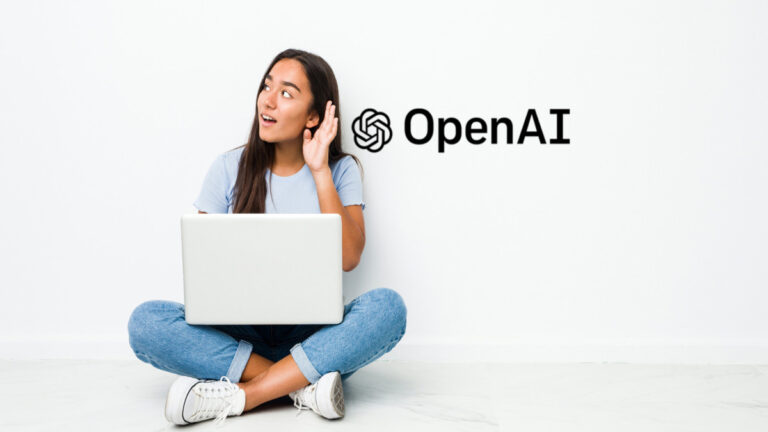
[ad_1]
Today, students using ChatGPT to accomplish their homework, submit assignments and get ready for tests is the biggest worry in the area of education. Several boards, including the CBSE and the NYC public schools, have prohibited its use as a result. It is thought of as the future, though. So, should we allow or forbid the use of AI technologies in the education sector, such as ChatGPT? Here is what the education industry experts had to say at the India Today Education Conclave.
Technology has slowly but surely gotten into the field of education over the past few decades. The cherry on top is ChatGPT’s introduction. It does, however, provide a number of risks.

Author and educator Abha Adams stated she was concerned about two things
“Tools like ChatGPT are shortcuts for students.”
“It prevents students from thinking, such as browsing, researching through various websites and materials, making decisions, and writing the assignment in their own voice.”
With the aid of programmes like ChatGPT, students risk losing the capacity for critical and in-depth thought. Even while they develop other skills like question framing and keyword identification, they risk losing creativity and the human touch in their writing and turning into ChatGPT, which offers robotic and consistent responses. Abha added that these technologies also have a deeper effect on teachers. It’s possible that there will be a trust gap. Teachers can doubt whether a student’s work was truly theirs or was produced by artificial intelligence. Additional investigation is required to confirm the authenticity as a result.
The Vasant Valley School’s principal, Rekha Krishnan, takes a different viewpoint
The principal responded to Abha by saying, “I don’t think there is a trust problem that Abha spoke about. It has always existed, but it is progressively growing larger.”
About 300 students participated in a survey she did at her school, and nearly 70% of them reported utilising ChatGPT for their homework without being aware that the information was being gathered by her. Only 40% of teachers thought that ChatGPT should be used in schools for the educational process, compared to over 80% of students.
According to Rekha, effective teaching and learning depend on the teacher-student relationship. She thinks that the ChatGPT model can still help students and teachers develop trust. While some teachers may have trouble using ChatGPT in the classroom, intelligent educators can. “We cannot avoid the truth, and ChatGPT is the truth. ” Rekha Krishnan, the principal of Vasant Valley School, argues that “it is our responsibility as educators to use the model wisely and connect with it.”
“Education and learning are bigger than examinations,” she continues. Are we merely preparing pupils for exams? No, we want them to succeed in life, and outside of the classroom, children will be surrounded by AI tools. They must comprehend this paradigm since they sometimes have to operate against it and sometimes with it. And as educators, we need to support them in using this approach in educational institutions like schools and colleges.
Santosh Kumar, CEO and co-founder of 21K School,
agreed and claimed that programmes like ChatGPT have helped pupils think more critically. Because ChatGPT is a fantastic instrument for learning and skill development, he thinks that kids should be permitted to utilise it. Both students and teachers can gain from it.
The director of Coursera, Prashasti Rastogi,
concurs with the use of ChatGPT and asserts that the educational industry must advance with technology. A recent poll revealed that the vast majority of businesses in India are testing AI and making investments in it. Additionally happy to welcome AI technology is the current workforce. Students should therefore be allowed to use ChatGPT and other AI tools in order to better prepare them for the future. A concern is raised, though: “Will AI tools replace teachers?” While AI technologies can supply knowledge, Prashasti and Abha both think that human interaction is crucial for the development of abilities like resilience and problem-solving.
Teachers will always be vital because of the human factor
Abha gave the example of a teacher who evaluated students’ assignments using ChatGPT and discovered that the AI technology did a better job than she could have. This does not, however, render teachers obsolete. Teachers are key in fostering the human connection and the development of abilities that AI systems cannot mimic. Teachers will always be vital because of the human factor. For instructors to remain productive in the field of education, new technologies must be understood.
[ad_2]
Source link